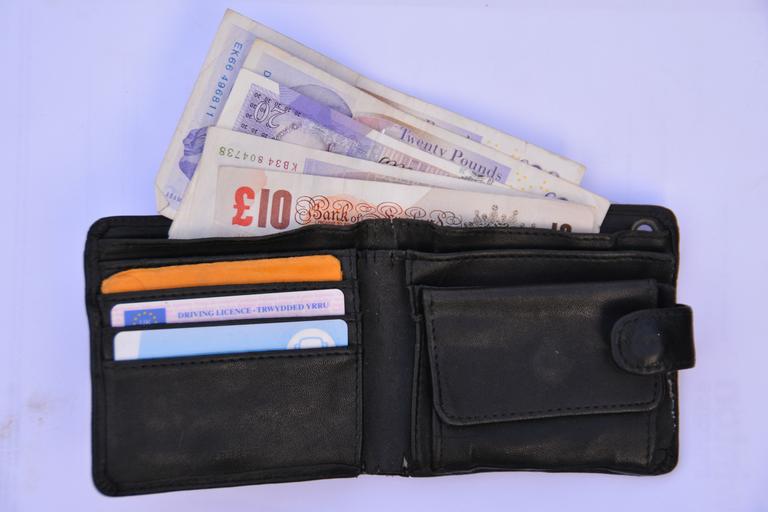What is government spending
Governments are always spending money; that’s what they do; they provide state resources to the country. When we talk about government spending, we mean an increase in the amount they are spending for a set period. This acts as a boost to the economy. In this post we look at government spending and ask: how does government spending affect me?
What do governments spend money on
They spend on the things they usually spend on; education, welfare, infrastructure. Regarding how it impacts the economy, there are two possible main effects of spending; spending that increases demand or spending that increases supply.
Spending on supply involves health, welfare, education, social support. It will reduce inequality and lead to a healthy, well educated, strong workforce which will lead to productivity.
Other effects of spending increase the aggregate demand of a country. This comes from Keynesian economics. Higher demand tends to lead to higher productivity and can therefore boost the economy.

What are the effects of government spending
The goal of government spending is to boost the economy. If the workforce is healthy, fit and educated, they can be more productive. Generally, productivity increases the amount of money people have and the consumer spending. A high amount of consumer spending supports businesses and allows them to grow, creating even more productivity and opportunity.

Similarly, economic theories say that when aggregate demand increases, it shows the general productive output of a country has increased. Aggregate demand is a very similar metric to gross domestic product (GDP), the way we measure the health of an economy. Government spending and increased productivity both lead to increased GDP.
What are the risks of government spending?
If the government are spending lots of money, the aim is for that money to flow about in the public, generating a healthy, flowing economy. One of the main risks economists cite is that increased government spending is that money could end up in the private sector.
Here are the ways that money could end up in the private sector:
Many free-market economists believe that spending is always more efficient in the private markets, so they argue that significant government spending means inefficiencies- and the money could be put to more effective use.
Another risk theory of spending is called ‘crowding out’. If the economy is already doing as much as it can, then an increase in government spending could just reduce the need for the private sector to spend, saving them money- thus, the ‘savings and the boost leaves the public sector and the money goes into the hands of the private sector.
Then there are debates about what stimulating the economy means; for example, if everyone has more money to spend, there will be more money flowing, which will be an economic boost. But the government needs to finance itself. So another question is what happens when spending is brought in simultaneously with increased taxes. People will have less money in their pockets, so less spending. Does one counteract the other? And if it’s counteracting, is there any point in the first place when there is a risk that the money spent ends up in the wrong hands (e.g. the private sector) anyway?
If the economy is near to max when the government spends, and it can’t expand more or fast enough, there is a risk that the additional money around will just drive up inflation. Inflation is the buying power of money- so the amount you can get per pound. If inflation rises, consumers will get more for their money.
Also, to spend, the government usually needs to borrow money. This makes them susceptible to high-interest rates if the market changes in such a way.
How governments spend their money
So following on from the points above, here is a little insight into how the government was spending money before the pandemic in 2020.
How much does the government spend on education?
The government, pre-pandemic, was spending about £102 billion on education which is just over 13% of expenditure.
How much does the government spend on health?
THe government, pre-pandemic, was spending about £145 billion on health which is just under 19% of expenditure.
How much does the government spend on debt interest?
THe government, pre-pandemic, was spending about £39 billion on education which is 5% of expenditure.
Conclusions- how does government spending affect me?
Government spending can boost the workforce’s productivity by improving health, education and lowering inequality. Government spending also puts more money into the economy. This increases aggregate demand. But there are lots of subtleties to spending. The economy must be in the right place to prevent crowding out of spending from the private sector. Similarly, there are risks of inflation, mainly if spending is not managed well and the injections of money happen too soon.
I hope this post: how does government spending affect me, was helpful. I have other posts on understanding economic principles. You might enjoy checking out the links below.
You may enjoy these other economics posts:
